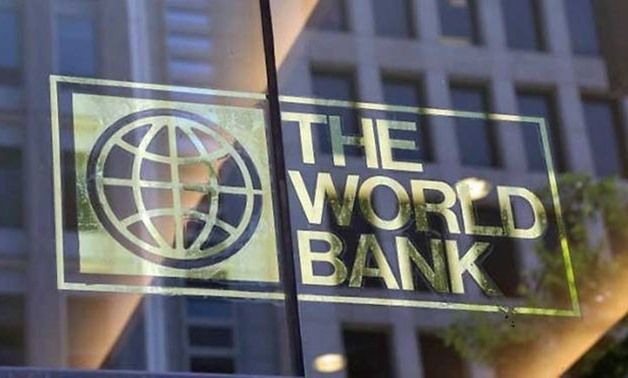World Bank Predicts Low Productivity in Sub -Saharan Africa as Instability Persists

On Wednesday 4th of October, the growth forecasts for sub-Saharan Africa were released by the World Bank.
Concerns were raised about the continent experiencing a decade of economic decline due to increasing instability.
The economic expansion in Sub-Saharan Africa (SSA) significantly slowed down in 2022, reaching a rate of 3.4 percent. This deceleration was a direct result of substantial rises in the cost of living, combined with sluggish demand from foreign countries and more stringent global financial circumstances. These factors dampened the recovery efforts of numerous nations after the pandemic.
In 2022, the growth in the three biggest economies in Sub-Saharan Africa (SSA) , namely Angola, Nigeria, and South Africa, experienced a noticeable decline, reaching 2.6 percent.
South Africa, being the second-largest economy in the region, only saw a growth rate of 1.9 percent due to worsening electricity shortages and increased policy measures aimed at controlling inflation.
The institution predicted that growth for this year would be 2.5%, a decrease from last year's 3.6%. This is primarily attributed to the slowdown in the major economies of the region.
Nigeria's economic growth is predicted to be around 2.9%, whereas Angola is projected to reach 1.3% and South Africa a mere 0.5%.
The institution attributes the slowdown and sharp recession in certain countries, like Sudan, to factors such as political instability and fragility, as well as increasing conflict and violence. Sudan's economy is projected to contract by 12% this year due to its enduring conflict. Additionally, over twenty countries in the region pose a high risk of over-indebtedness, adding to the concerns about public debt.
Although the economic situation remains complex, certain regions within the area are experiencing positive progress. For instance, ECOWAS in West Africa is projected to achieve an overall growth rate of 5.1%. Additionally, the East African Community is anticipated to witness a 4.9% expansion in its economy.
The world bank in a press release stated that Africa's lack of labor-intensive manufacturing is hindering the potential for job creation and growth in support services and international trade. This can be attributed, in part, to a lack of capital, which is impeding the necessary structural transformation for high-quality jobs.
Despite accounting for 12% of the global working age population, Sub-Saharan Africa only possesses 2% of the global capital stock. As a result, individuals in this region have fewer resources to be productive compared to other parts of the world.
The World Bank further highlighted policies that can help Sub-saharan countries overcome the hurdles like investment in education, accessibility of education to all irrespective of the gender and cost effective private sector reforms that supports the growth of small scale businesses.





